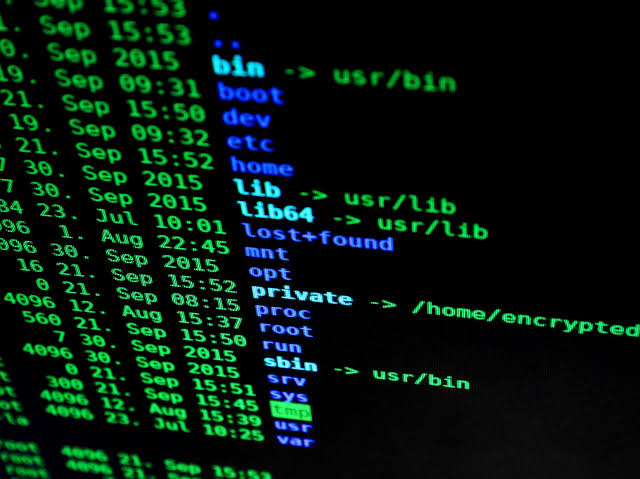- Rho lending protocol exploited
- $7.6M in USDC, USDT affected
- Malicious Oracle manipulation
- Attacker promises full return
Attack on Rho Lending Protocol Exposes Vulnerabilities
In a shocking development, the decentralized finance (DeFi) ecosystem witnessed another significant exploit today. The lending protocol Rho, which operates on Ethereum’s Layer 2 network Scroll, was compromised. According to Cyvers Alerts, the attacker manipulated the price oracles governing Rho’s USDC and USDT pools, resulting in the theft of approximately $7.6 million.
The exploit highlights the critical importance of robust security measures in DeFi protocols, particularly around price oracle configurations. The attacker, in a surprising move, has expressed willingness to return the stolen funds, acknowledging that the money rightfully belongs to users.
The Exploit and Its Implications
The attacker exploited a misconfiguration in Rho’s price oracle, a crucial component that ensures accurate asset pricing within the protocol. By manipulating the oracle, the attacker gained undue advantage, profiting significantly from the ensuing arbitrage opportunities. This type of exploit underscores the inherent risks associated with decentralized finance, where even a minor vulnerability can lead to substantial financial losses.
In this case, the attacker was able to siphon off $7.6 million, affecting pools holding USDC and USDT. The funds are currently distributed across multiple blockchain networks, complicating the recovery process. However, the attacker has stated their intention to return the funds, indicating a level of ethical consideration uncommon in such scenarios.
Rho and similar protocols will need to reassess their security frameworks and implement more robust measures to prevent such exploits in the future. This includes regular audits, advanced monitoring systems, and perhaps most critically, more secure oracle designs that can withstand malicious attempts at manipulation.

